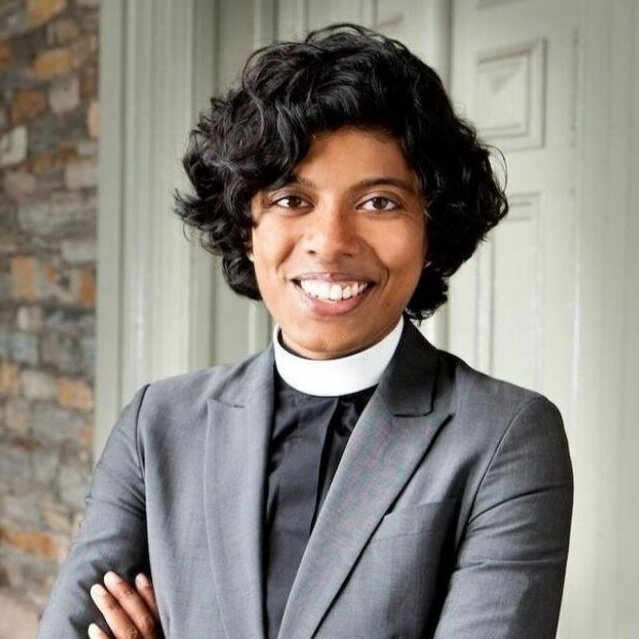Church Anew Blog
Get Updates in Your Inbox
Want to stay up-to-date with the Church Anew Blog? Sign up for our weekly blog round-up.
Leadership Lab: Winnie Varghese
We've had to rebuild all of our systems for who we are today. I don't know that we would've had permission without that kind of isolation to rethink some things that probably needed to be rethought, frankly.
Leadership Lab: Erika Spaet
A one on one interview with Pastor Erika Spaet exploring the challenges of planting a church and building relationships between the congregation and the community in an ever-changing world.
Leadership Lab: Jessica Liles
A one on one interview with Jessica Liles exploring the challenges of planting a church and building relationships between the congregation and the community in an ever-changing world.
Leadership Lab: Wesley Morris
Our first interview in the Leadership Lab series with Rev. Wesley Morris.
EXPLORE OUR ARCHIVE OF ARTICLES FROM
Walter Brueggemann
Get Updates in Your Inbox
Want to stay up-to-date with the Church Anew Blog? Sign up for our weekly blog round-up.





